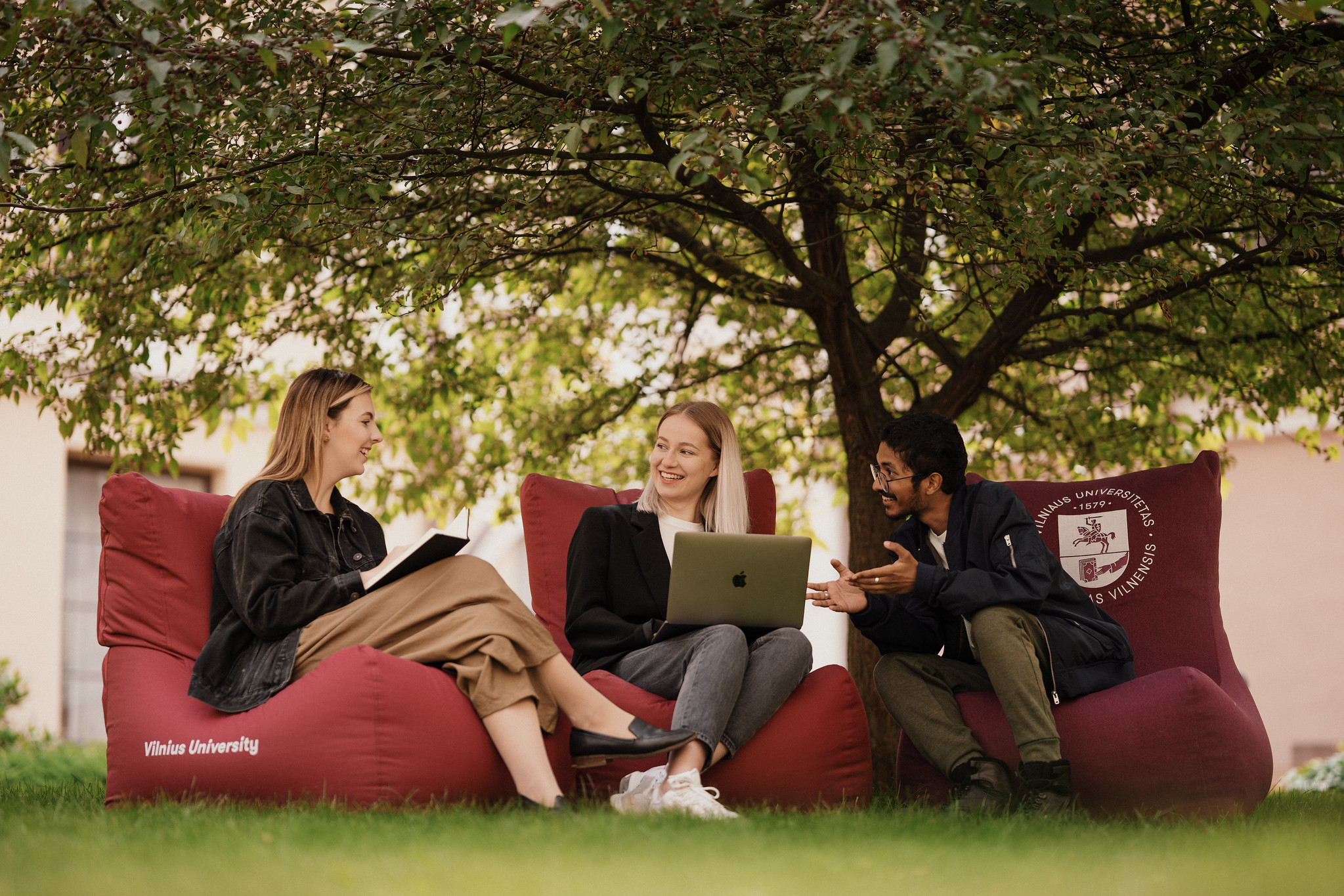Enhance Your Language Skills with the Arqus Plurilingualism Module

In the 2025–2026 academic year, Vilnius University students are invited to take part in the Arqus Plurilingualism Module, which offers the opportunity to begin learning Lithuanian, Norwegian or French at A1 level. Alongside this, participants are encouraged to continue practising a foreign language they already know through informal activities such as the Arqus Café. The module brings together formal courses, informal learning opportunities and theoretical perspectives on language and culture, enabling students to reflect critically on their own learning strategies and cultural experiences.
The programme runs from September 2025 to January 2026 and is delivered online via Microsoft Teams and MOODLE. It comprises 150 academic hours (50 contact hours and 100 hours of independent work) and is free of charge. Students will receive 5 ECTS credits, participants from other Arqus universities will be awarded a certificate of participation. Registration is open from 1 to 16 September.
This year’s module builds on the pilot organised in 2024–2025, which focused on Lithuanian language and culture. Participants of the pilot combined A1 Lithuanian courses with lectures on Lithuania’s culture, language and politics. As one student reflected: “Overall, the multilingual module has provided me with valuable insights into language acquisition, cultural adaptation, and literary representation. Understanding different learning styles has allowed me to reflect on my own approach to language learning. Exploring Lithuania’s sociolinguistic landscape has deepened my awareness of historical influences on multilingualism. Finally, learning about women’s literature in Lithuania added to my cultural knowledge of the country I am now living in. This module has not only enhanced my academic knowledge but also enriched my personal perspective on language and communication in diverse contexts.”
By joining the 2025–2026 module, students will not only gain new language skills but also broaden their cultural horizons and take part in a wider European dialogue on multilingualism. For registration, click here.